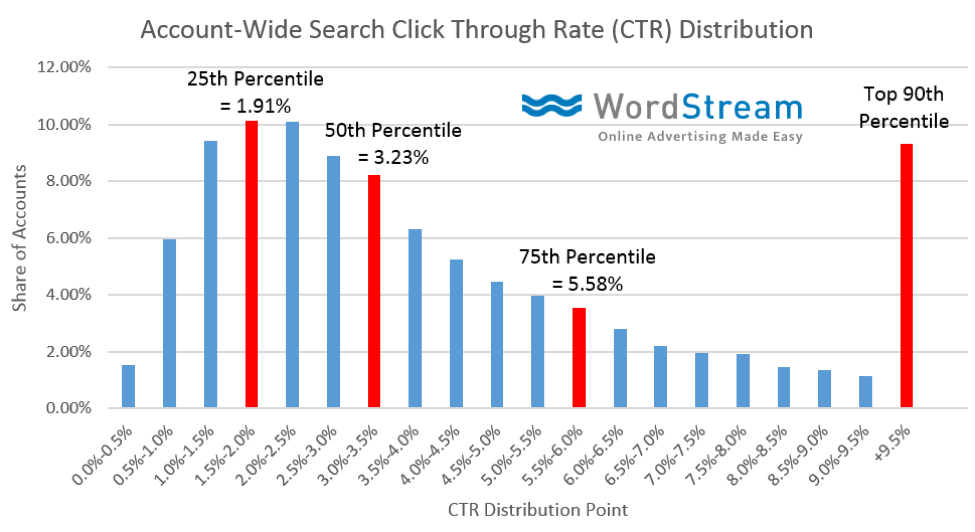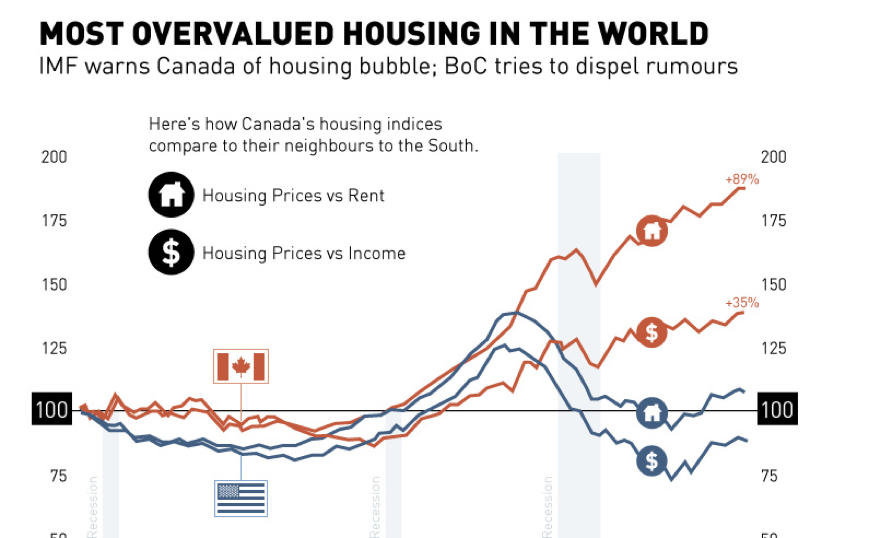How To Reduce Your Building Operations Costs
https://www.c4dcrew.com/wp-content/uploads/2022/11/C4D-Post-Design-7.png 1000 500 Taylor Witt Taylor Witt https://secure.gravatar.com/avatar/c007419611804209e46af7a884e93ad9?s=96&d=mm&r=gCommercial property owners can reduce their building operating costs in a variety of ways. These costs may include real estate taxes, insurance premiums, utilities, maintenance of the building’s infrastructure, such as its HVAC and other systems, repairs, remodeling, or payments to contractors that assist with the building’s maintenance and operation.
Renegotiating contracts, shifting certain costs to renters, employing professional tax accountants, investing in infrastructure, and other strategies can all help cut costs.
A competent property manager will examine all of a building’s costs to find areas where money can be saved. A building owner might find numerous methods to save money by using a building automation system (BAS).
In reality, a BAS with analytics and intelligence has the capacity to continuously gather data from linked smart devices and identify patterns using machine learning.
Once the expenses associated with lighting, heating, cooling, water use, and other aspects of a building’s operations are understood, some of these costs can be included in lease agreements, reduced by investing in infrastructure that reduces costs, or a mix of the two.
Depending on the assumed lifespan of the structure, initial costs make up only 10–20% of the entire cost. Government and institutional structures have longer lifespans than privately held buildings.
Over the course of the building’s lifespan, upkeep, operation, and component refurbishment/replacement account for an incredible 80–90% of the remaining costs. If you ignore this significant chunk of costs, you risk losing money.
Reducing your operating expenses
Building operations costs can be a significant expense for any organization, but there are ways to reduce these costs without compromising the quality or function of your building. Here are some tips on how to reduce your building operations costs:
- Review your current expenses and identify areas where you can save money.
- Evaluate your current building management company and see if there are ways to reduce their fees.
- Review your utilities expenses and look for ways to reduce energy consumption.
- Implement a preventive maintenance program to avoid costly repairs down the road.
- Work with your team to identify any potential cost-saving measures.
Electricity
The electricity bill is one of the major running expenses that is typical in building operating costs. The first method involved is careful utilization of electricity. This requires turning off lights when not in use, utilizing as much natural light as possible during the day, and turning off all electronic equipment before leaving the office or building.
Make sure to replace all old bulbs with energy-saving ones, and only buy energy-efficient equipment when it is time to replace or resupply.
Even while there are techniques to reduce your energy usage with any elevator, installing a brand-new lift system is the most straightforward solution. Upgrade to a newer, more energy-efficient lift model if your current one is old or not functioning properly.
Temperature
In a residential building, small changes adopted from household energy ideas can have a big impact. For instance, louvered shutters, roof vents, or solar screening can all be used to control natural sunlight and solar heat.
Check for leaks, gaps for sealing, and insulation in windows, doors, garage bays, and air ducts.
Preventative maintenance
Over time, reactive maintenance typically costs more than preventive maintenance. Facilities will begin to cut their operational costs in these areas when they adopt technology and solutions to get them out of crisis or reactionary situations.
Maintaining a safe and dependable lift requires a preventative strategy and regular maintenance. It’s also critical to keep in mind that the cost of routine maintenance is typically significantly lower than the cost of fixing a lift that has malfunctioned or caused an accident.
Maintain heating systems
Maintaining your HVAC system, whether it’s a little one or a big direct-fired heater, is crucial. Efficiency greatly benefits from keeping internal parts clean and in good condition. Catching wear early enough to prevent a break can mean the difference between a minor repair and an emergency frozen structure.
If your HVAC equipment needs maintenance or repairs, get in touch with the experts and let them know what you need done. Make sure to look for a business that is based close to where you reside.
Find and seal leaks
Finding air leaks can be done with the aid of pressurization testing, thermal cameras, and visual examinations. It is frequently sufficient to use caulk, various door weather seal techniques, and weather stripping to close even somewhat considerable air leaks around drafty doors and windows.
Due to wear and tear or bad design, truck bays, doors, and roof vents may have inadequate seals or no seals at all. Make sure to maintain these areas and look for choices that do incorporate insulation. Think about using roof vent dampers that can be closed when the discharge of smoke isn’t an issue or when you want to keep the heat inside the building.
Best initiatives to reduce operating costs
One of the strongest areas to concentrate on to lower the TOC of buildings, particularly during significant renovations or new construction, may be green initiatives.
Today, there are numerous renewable energy sources, including solar and wind energy as well as geothermal heating possibilities. A building can also be made to be more energy-efficient by using high-quality insulation, windows, doors, and construction materials. These selections will ultimately lower your TOC and are both politically and socially acceptable.
TOC can be decreased by implementing maintenance procedures and technologies that help your facility shift from a predominately emergency maintenance focus to one that embraces predictive maintenance
Final thoughts
Saving money on operating costs is important for any facility, but it’s also important to think about the long-term impact of energy usage and maintenance. Implementing green initiatives and preventive maintenance can not only lower TOC in the present, but it can also set up a building for success in the future.
Keep these tips in mind as you work towards a more efficient, cost-effective facility.























